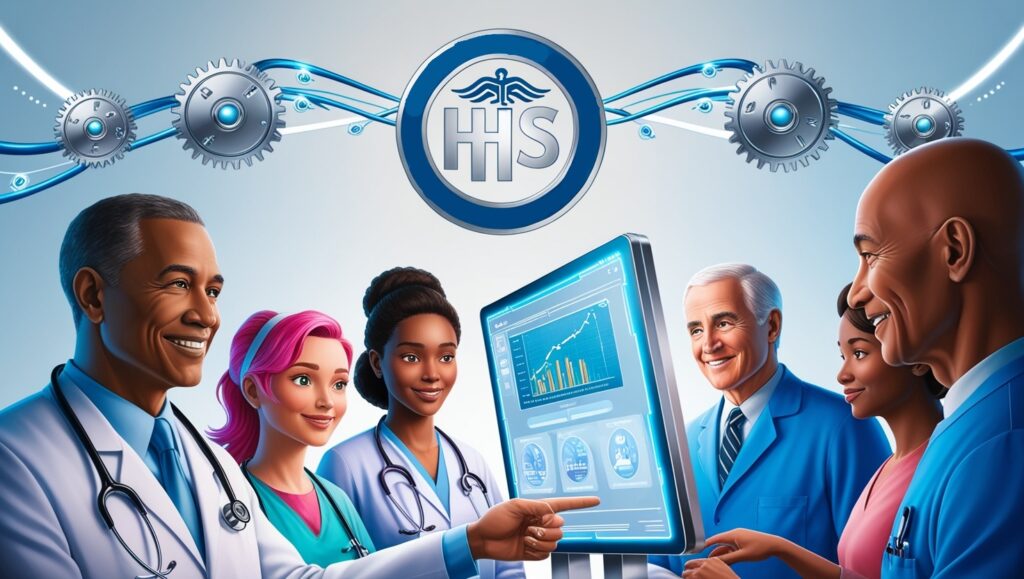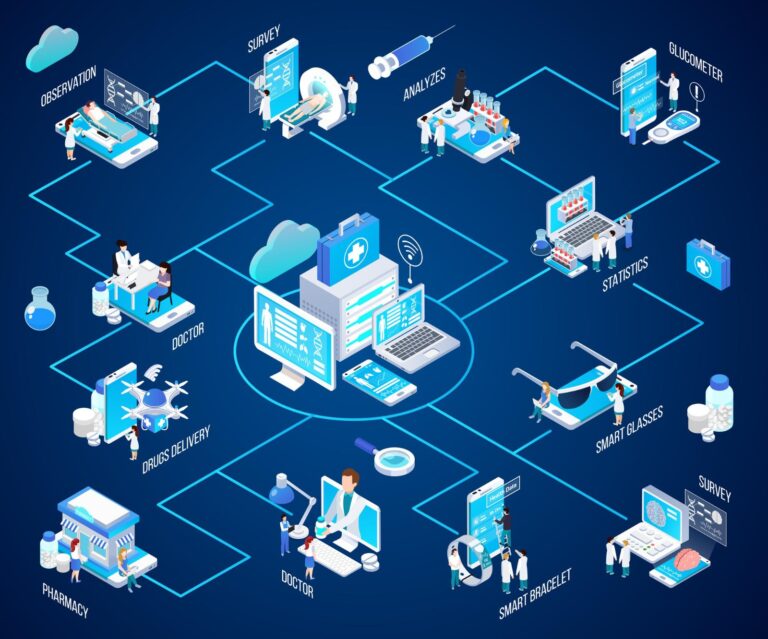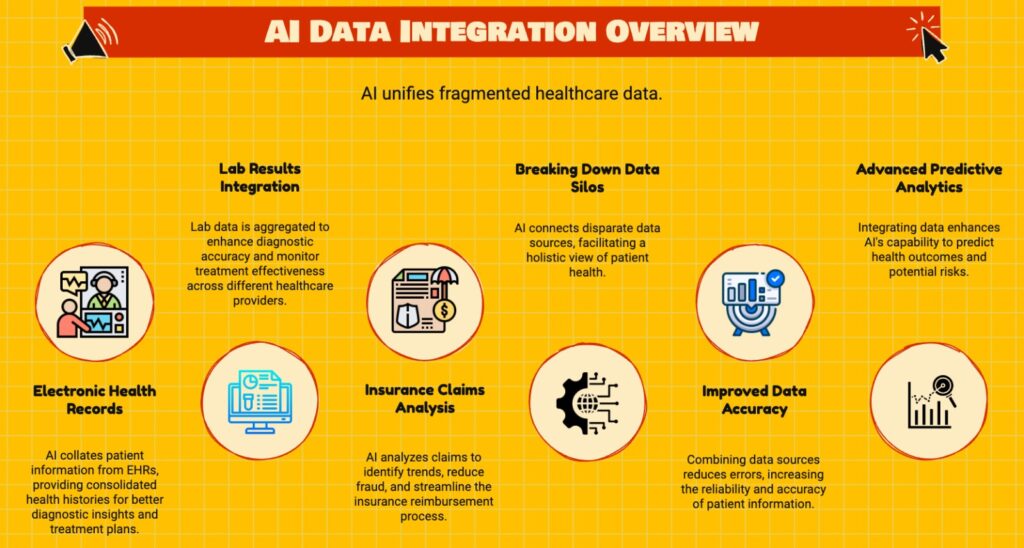AI is revolutionizing healthcare by addressing critical data issues faced by the HHS. From improving data quality and interoperability to enabling predictive analytics, AI is empowering HHS to make informed decisions and enhance patient care.

The healthcare industry is managing an explosion of data—data that’s becoming increasingly complex to organize, analyze, and secure. For Health and Human Services (HHS) departments, these challenges include breaking down data silos, complying with stringent regulations like HIPAA, securing sensitive patient information, and using data in real time for better patient care. According to a Gartner report, “By 2025, 85% of healthcare data will be unstructured, making it critical for healthcare organizations to invest in AI and machine learning solutions to effectively manage and analyze this data” (Gartner, 2023).

HHS organizations collect massive amounts of data from various sources like electronic health records (EHRs), insurance claims, patient surveys, and clinical research. However, this data is often stored in isolated systems, creating silos that prevent smooth interoperability and real-time access to critical information.
Research conducted by HIMSS Analytics shows that 60% of healthcare organizations experience data fragmentation issues, resulting in inefficiencies and a lack of comprehensive patient insights (HIMSS Analytics, 2022). Without unified access to data, healthcare providers struggle to gain holistic views of patient health, which affects care quality.
Compliance with regulations such as the Health Insurance Portability and Accountability Act (HIPAA) is a significant concern for HHS organizations. These entities are required to manage and safeguard patient data under strict standards, making data privacy and security an ongoing challenge.Gartner predicts that by 2026, organizations using AI-driven solutions to manage compliance will reduce incidents of regulatory fines by up to 30% (Gartner, 2023).
Healthcare operations rely on real-time decisions that can be life-saving. However, analyzing data from multiple disconnected systems without AI-driven analytics can lead to delays and missed opportunities for timely interventions.
Much of the data in healthcare, including doctor’s notes, medical images, and lab results, is unstructured. Traditional data management systems struggle to process unstructured data, leaving valuable insights untapped.A MarketsandMarkets report indicates that AI in healthcare market is expected to grow from $6.9 billion in 2021 to $67.4 billion by 2027, driven largely by the need to analyze unstructured data (MarketsandMarkets, 2021).

AI-based platforms excel at integrating data from various systems and sources. By using AI to consolidate and analyze healthcare data, HHS organizations can achieve a unified view of patients and operations. AI’s Natural Language Processing (NLP) capabilities allow it to process unstructured data, extracting valuable insights from doctor’s notes, radiology images, and clinical reports.
A report by Deloitte highlights that organizations using AI for data integration have seen a 70% reduction in time spent consolidating healthcare data from multiple systems (Deloitte, 2022). This ability to integrate data not only improves operational efficiency but also drives better clinical outcomes through more comprehensive insights.
AI helps automate the process of ensuring compliance with regulations like HIPAA by identifying and flagging potential risks in data management. Additionally, AI enhances data security by detecting anomalies in real time, preventing breaches and ensuring patient data remains secure.
AI-driven analytics provide healthcare professionals with real-time, actionable insights, enabling faster and more accurate decision-making. This can be particularly useful in improving patient care, optimizing resource allocation, and predicting patient needs, leading to more personalized and timely interventions.McKinsey & Company highlights that healthcare providers using AI-powered analytics can improve operational efficiency by 30%, particularly in clinical decision-making and resource allocation (McKinsey, 2023).
AI’s ability to interpret unstructured data opens up new possibilities for healthcare providers. Through computer vision and NLP, AI can turn raw data from medical images and lab results into structured, actionable insights, significantly enhancing clinical decision support systems.
Health and Human Services (HHS) departments face numerous data challenges in today’s healthcare landscape. The key to overcoming these challenges lies in leveraging AI-driven solutions that can break down data silos, enhance compliance, improve real-time decision-making, and tap into the untapped potential of unstructured data. As AI continues to evolve, its role in the healthcare industry will only expand, enabling HHS organizations to unlock better patient outcomes and operational efficiencies.
At Deeproot Technologies, we specialize in providing AI-driven data solutions tailored for healthcare organizations. Contact us today to learn how we can help your organization tackle data challenges and optimize healthcare delivery.
Gartner: AI in Healthcare – 2023 Report
Accenture: AI and Healthcare Innovation – 2021 Survey
Deloitte: The Future of Healthcare Data Integration – 2022 Report
McKinsey & Company: AI in Healthcare and Operational Efficiency – 2023
Harvard Business Review: AI’s Impact on Healthcare Data – 2021 Article
MarketsandMarkets: AI in Healthcare Market Forecast 2021-2027
Share :

Assess. Measure. Fortify.
Keep Your Assets Safe With Our
Cutting-Edge Cybersecurity Solutions.
Developed by HACKTRONIAN